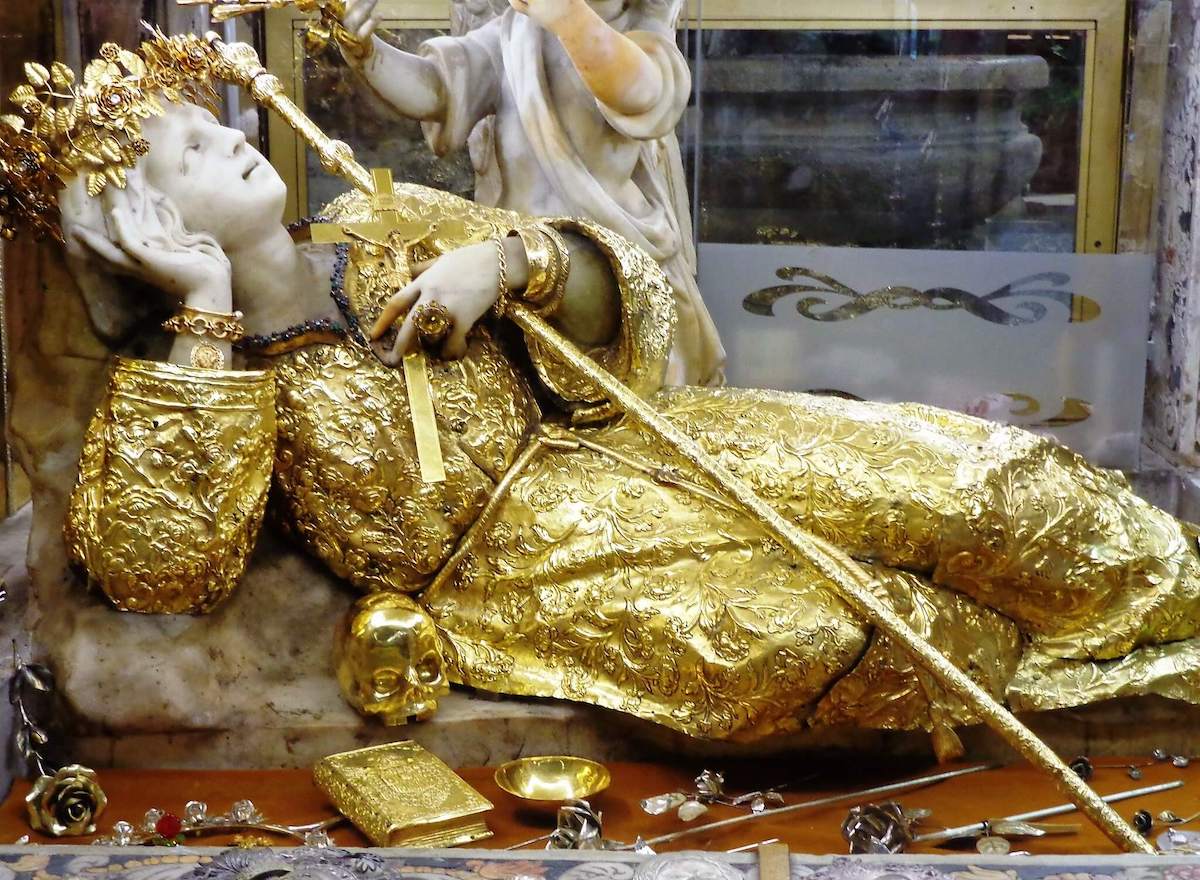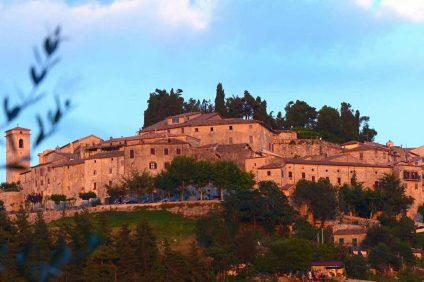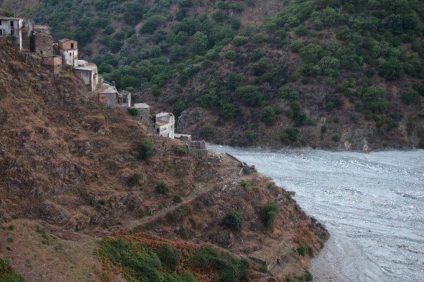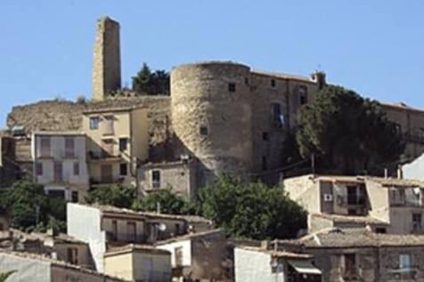Palermo is a multi-ethnic city, always in constant evolution, where different cultures have intersected and coexisted in harmony for centuries. However, there are strong traditions to which the city is very attached. One of these is the feast of Santa Rosalia, a celebration that no Palermitan intends to give up. The "most important" celebrations in honor of the saint who freed Palermo from the plague are held between 14 e 15 July, with the famous "Feast". The more religious instead each September 4th they try their hand at "acchianata in Monte Pellegrino”(Where is the cave where the Saint's relics were found).
Acchianata to Monte Pellegrino and Festino di Santa Rosalia
The accosted (climb) to Monte Pellegrino is a tradition as old as the Festino. On the occasion of the liturgical feast dedicated to the "Santuzza”The most devout Palermitans make a“ pilgrimage ”that goes from the city to Sanctuary of Santa Rosalia in the night between 3 and 4 September. It is a path of approx 4 km that part from 38 meters (above sea level), on the slopes of Monte Pellegrino. It then comes to 455 meters, walking along the ancient pilgrims' path to reach the cave where Rosalia died in 1170.
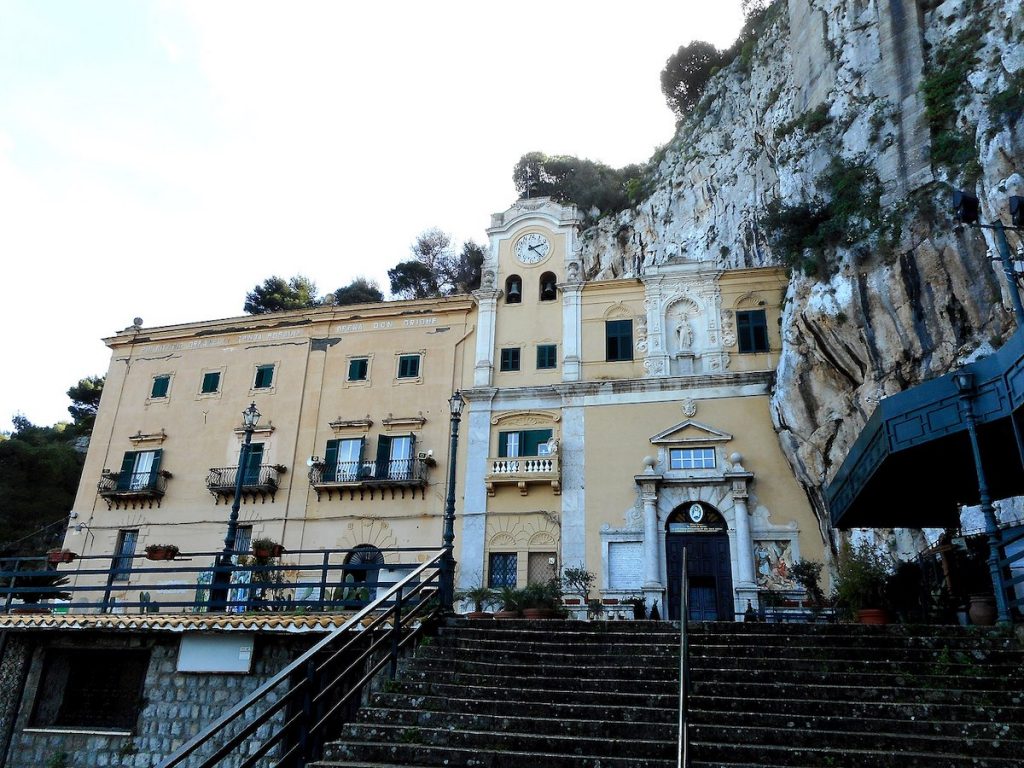
September 4 is a uniquely religious event, which celebrates the dies natalis of Santa Rosalia (death and birth to eternal life). The 15 July it is instead the day in which (in 1624), the excavations at the cave of Mount Pellegrino (as indicated by the embroiderer Girolama La Gattuta, sick woman healed by Santuzza) and the faithful found the very white bones of Santuzza, which smelled of flowers. Since then, it has been celebrated every year the Feast of Santa Rosalia, now at his 397esima edition. On July 14, the Palermitans carry the statue of the Saint in procession on a spectacular one baroque chariot for the city (the first dates back to 1686), ending with the traditional ones fireworks at midnight. The following day the religious feast is celebrated, with mass at the Cathedral of Palermo and the procession with the relics of the Saint.
In these two years the pandemic has blocked the traditional celebrations. Similarly to the more recent Festino, it is likely that the municipality decides to resize the September festival, to avoid crowds. Whether it is celebrated or not traditional acchianata in Monte Pellegrino, September 4 is a sacred day for the people of Palermo, a day in which all the voices of the inhabitants of the city become one, to the cry of "long live Palermo and Santa Rosalia".
Cover photo: © Effems - Wikimedia Commons (CC BY-SA 4.0).

